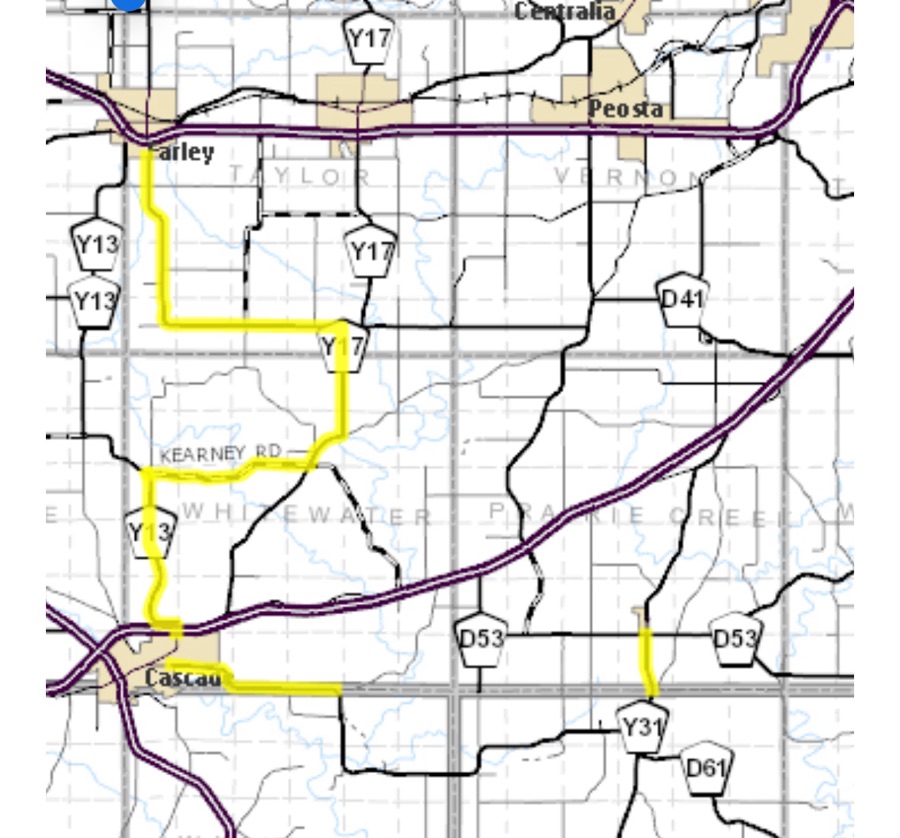**DNR – DES MOINES, IA** – While fireworks are a cherished part of celebrations, the smoke they produce can pose breathing challenges for certain individuals.
When attending fireworks displays or celebrating in private backyards, those with sensitivities are urged to take precautions. Brian Hutchins, air quality supervisor at the Iowa Department of Natural Resources (DNR), advises, “If you have family or friends who suffer from asthma, respiratory issues, or heart conditions, it’s crucial they remain upwind and at a safe distance from fireworks smoke.” The elderly and children are particularly at risk from heightened smoke exposure.
During stagnant air conditions, sensitive individuals are likely to experience breathing difficulties. Without a breeze, fine particles from fireworks smoke can linger close to the ground, accumulating to unhealthy levels.
The smoke from fireworks contains fine particles and gases that can irritate the lungs. These fine particles arise from black powder used for launching the fireworks, alongside metals that contribute to their vibrant colors.
In past years, cities like Davenport, Des Moines (address: 400 Robert D. Ray Drive, Des Moines, IA 50309), and Muscatine recorded fine particle levels exceeding national air quality standards on the Fourth of July. For more information on fine particles (PM2.5) and their impact on sensitive populations, visit the Iowa DNR’s resources on air quality.
For those unable to steer clear of areas filled with dense smoke, limiting outdoor activities and consulting a healthcare provider for breathing difficulties is advised.
**Here are additional safety tips for enjoying fireworks responsibly:**
– **Fireworks are strictly prohibited** in state parks, with **only sparklers allowed**.
– Fireworks pose a risk of significant burns and eye injuries. The Iowa Department of Public Health recommends adult supervision when using fireworks and keeping young children away from handling or igniting them.
– Always aim fireworks away from yourself and others when lighting them, and retreat quickly afterward. If fireworks fail to ignite, avoid attempting to relight or pick them up. Have a bucket of water or hose available for fire emergencies.
– Individuals with asthma or other lung issues should monitor air quality conditions after firework events, as smoke and fine particles can temporarily affect breathing.
– Remember to clean up litter and properly dispose of any unused fireworks.
For further updates and resources, keep an eye on local health advisories related to fireworks displays and air quality.



